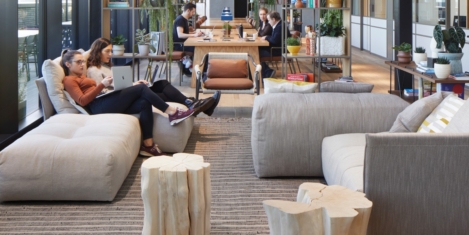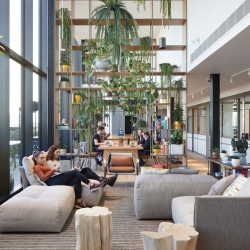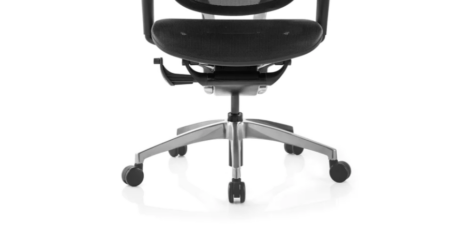To provide the best experiences, we use technologies like cookies to store and/or access device information. Consenting to these technologies will allow us to process data such as browsing behaviour or unique IDs on this site. Not consenting or withdrawing consent, may adversely affect certain features and functions.
The technical storage or access is strictly necessary for the legitimate purpose of enabling the use of a specific service explicitly requested by the subscriber or user, or for the sole purpose of carrying out the transmission of a communication over an electronic communications network.
The technical storage or access is necessary for the legitimate purpose of storing preferences that are not requested by the subscriber or user.
The technical storage or access that is used exclusively for statistical purposes.
The technical storage or access that is used exclusively for anonymous statistical purposes. Without a subpoena, voluntary compliance on the part of your Internet Service Provider, or additional records from a third party, information stored or retrieved for this purpose alone cannot usually be used to identify you.
The technical storage or access is required to create user profiles to send advertising, or to track the user on a website or across several websites for similar marketing purposes.
 Francesca Brady, founder of AirRated who advocates for employee wellbeing and cleaner air in the workplace has been named as a finalist in Veuve Clicquot’s Future Awards, the international awards programme celebrating businesswomen. Previous winners include Professor Dame Sarah Gilbert, the inventor of the Oxford AstraZeneca COVID vaccine and Jo Whitfield, CEO of Co-Op Food. Francesca’s work highlights the dangers of a polluted workplace, as research shows the link between pollution, cognitive decline, dementia and poor employee wellbeing and mental health. (more…)
Francesca Brady, founder of AirRated who advocates for employee wellbeing and cleaner air in the workplace has been named as a finalist in Veuve Clicquot’s Future Awards, the international awards programme celebrating businesswomen. Previous winners include Professor Dame Sarah Gilbert, the inventor of the Oxford AstraZeneca COVID vaccine and Jo Whitfield, CEO of Co-Op Food. Francesca’s work highlights the dangers of a polluted workplace, as research shows the link between pollution, cognitive decline, dementia and poor employee wellbeing and mental health. (more…)




































February 16, 2024
Why changing with the seasons is key to the all-weather workplace
by Russell Glover • Comment, Wellbeing, Workplace design